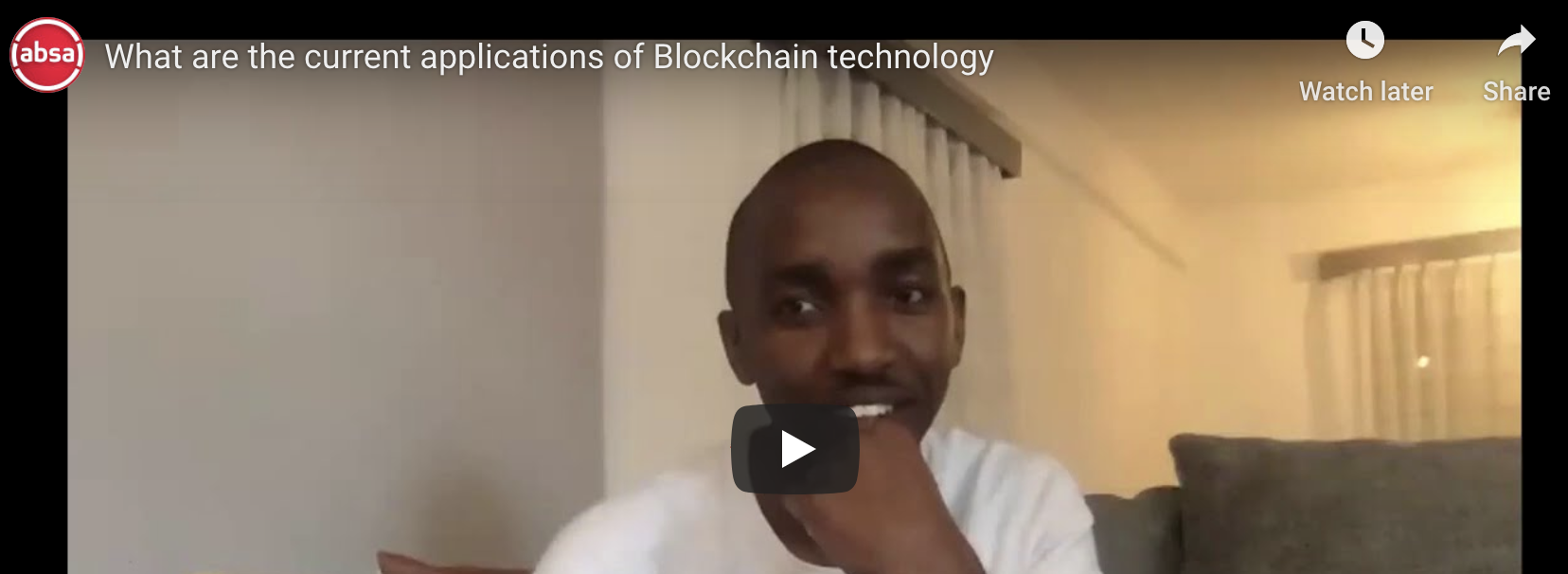What are the practical applications of Blockchain?
September 17, 2020Blockchain has many practical use cases, some already in application and some at policy or development level. While these use cases may not already be getting felt at grass-root level, the changes coming up, especially at policy level, global trade and finance are only a couple of years away from being felt by the common man.
We recently hosted Amos Mburu, Blockchain researcher and Founder of DLBRT to share with us some of the practical uses of Blockchain, and this is what he had to share.
Banking and Finance
In June 2020, the Financial Action Taskforce that checks on the global financial system released policies around CBDCs (Central Bank Digital Currencies). These are forms of Bitcoins but now issued by a Country’s Central Bank. CBDCs will allow ease of international trade/transactions and a cheaper means of maintaining currency value, flows and inflations.
With such issues as fraud, corruption and misappropriation of relief funds, such as the recent COVID-19 fund, global funds can now move around easily and securely using CBDCs.
Trade
With securitisation laws being revised and implemented across the world, East Africa is not being left behind. Kenya (2017) and Uganda (2019) have implemented such laws. The ease of converting assets to cash is however still a hinderance with the current legacy system where you need to go through various procedures and middle men to convert your asset into cash.
Adding a blockchain system to the current laws will improve this process and allow for the trade of digitised assets regionally and soon globally once this gains traction.
Data Security
The beauty of Blockchain is that the user is separated from the data. This is currently not the case with applications that we have on our mobile devices or any piece of communication equipment. Cases of breach of data consent and data rights such as Cambridge Analytica, where social media data was used for political gain, or Google sharing user location and other data to various providers are examples of the shortcomings of current systems.
Emergent laws such as the Data Protection Act in Kenya and the European General Data Protection Regulation (GDPR) are deterrent on internet capabilities. They however still fall short of solving core data security issues. A blockchain layer on top of the current internet infrastructure will bridge this gap as proposed in the Blockchain Taskforce Report of 2019 on the securing Kenyans data. Government programmes such as the Huduma System that face much public outcry would assure people that their data is secure if it is run on Blockchain.
As experts explore the technology further and understand what it can do for us, many more solutions will come out as Blockchain is still in its early years of development.
Amos Mburu was a guest on Un.thinkable Coffee break, our monthly talk show on future skills that will change the world as we know it.
Watch the Video recording below
